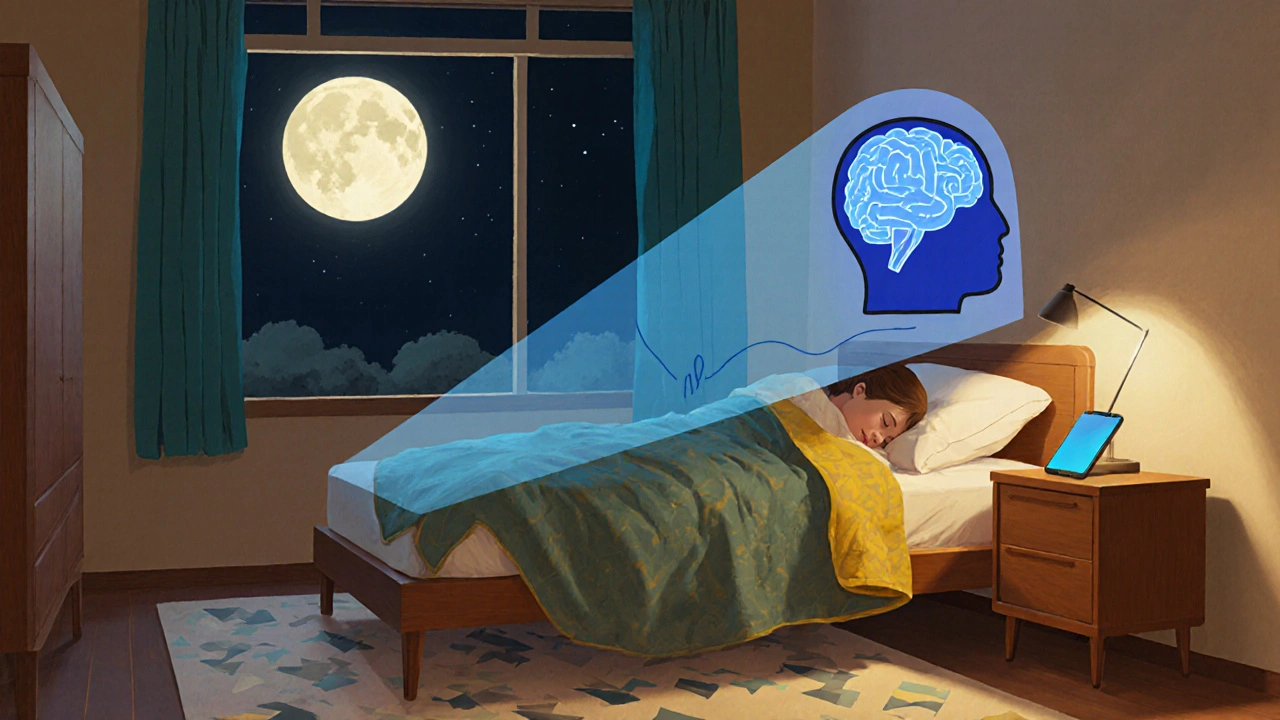Melatonin Dosage: How Much You Really Need for Better Sleep
When you’re lying awake at 2 a.m., melatonin, a natural hormone your brain makes to signal it’s time to sleep. Also known as the sleep hormone, it’s one of the most common supplements people turn to when their internal clock gets out of sync. But taking more doesn’t mean better sleep—and too much can backfire. The right melatonin dosage isn’t about guessing. It’s about matching your body’s needs, not the bottle’s biggest number.
Most adults start with 0.5 to 1 milligram, taken 30 to 60 minutes before bed. That’s often enough to shift your sleep cycle without grogginess the next day. Many store-bought pills contain 3 to 10 mg—way more than needed. Studies show doses above 5 mg don’t improve sleep quality, but they do raise the chance of headaches, dizziness, or vivid dreams. Kids, seniors, and people on certain medications need even lower amounts. For example, children with autism or ADHD often respond to 0.5 to 1 mg, while older adults may need just 0.1 to 0.3 mg because their bodies make less melatonin naturally.
Timing matters as much as amount. Taking melatonin too early or too late can mess with your rhythm instead of fixing it. If you’re dealing with jet lag, take it at bedtime in your new time zone. For shift workers, take it right before your planned sleep window—even if it’s midday. And never use it as a sedative. Melatonin doesn’t knock you out. It gently nudges your brain toward sleep mode. Pair it with darkness, quiet, and a cool room, and it works better than any high-dose pill.
People often ask if melatonin is safe long-term. Current research shows it’s generally well-tolerated for months, even years, when used at low doses. But it’s not a cure-all. If you’re still struggling after a few weeks, the issue might be stress, sleep apnea, or a circadian disorder—not low melatonin. That’s why some of the most helpful posts in this collection look at melatonin alongside other sleep fixes: how light exposure affects it, why caffeine ruins its timing, and when it’s better to skip supplements entirely and reset your schedule naturally.
You’ll find real-world advice here—not just dosage charts. Learn how melatonin interacts with antidepressants, why some people feel hungover after taking it, and what to do if your child accidentally grabs a full pill. We cover dosing for travelers, night shift workers, teens with delayed sleep phase, and even pets (yes, cats get melatonin too, under vet guidance). This isn’t a one-size-fits-all guide. It’s a practical toolkit for anyone who’s tried the high-dose myth and wants to know what actually works.

Understanding Melatonin: The Ultimate Guide to the Sleep Hormone
Learn how melatonin works as your body's natural sleep signal, when to use supplements, proper dosing, and how to reset your sleep cycle without relying on pills.
